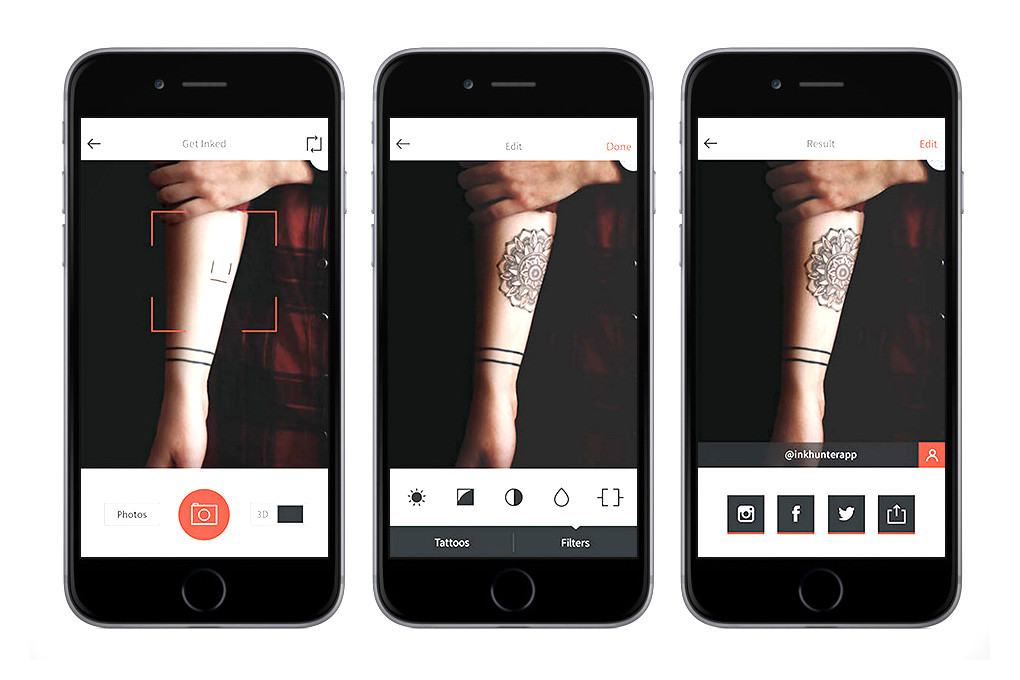Virtual Reality and Experiential Learning: a Wind of Renewal in the Field of Education
Credits: INK HUNTER
English version by Quinn Johnson
Yesterday, I was surprised to find my son in a hurry to do his homework. Grabbing his stylus, he explained that his art project consisted of presenting a drawing portfolio that could inspire tattoo artists around the world. The idea is to create an image that could be transferred to the skin. This can be done through the application “Ink Hunter” which allows to take a photo of a drawing, integrate the photo into an image bank and then try it out on several people. All this, through a telephone or tablet, to check the feasibility of a tattoo and to work on the perspective and colors that adapt to different skin types.
I was impressed, not only by the innovative spirit of the teacher who had prepared the exercise but also by the depth of the learning objectives and skills that were required to complete the project. These determine not only the student’s ability to be creative but also to develop transferable intercultural skills, analytical skills and social skills, to name a few.
This example, as well as the many emerging initiatives in the collegial, primary and secondary networks, illustrate well that immersive technologies are bringing a wind of renewal to the field of education. In the same way as my son’s art teacher, many are those who are inviting their students to make use of virtual or augmented reality in order to stimulate their creativity and develop empathy. When the VTÉ presented its laboratory on immersive experiences in 2014, virtual reality tools were not yet varied enough to provide any added value in being integrated into pedagogical practices. However, after 5 years, the trend has been reversed and integration has been made possible by the growing number of applications and platforms that facilitate content creation and experiential learning
While waiting for our next laboratory on virtual and mixed reality, you can, as of now, read Profweb’s article on the pedagogical possibilities of virtual reality in colleges and explore the question of the usefulness of virtual reality in the development of skills such as empathy.


